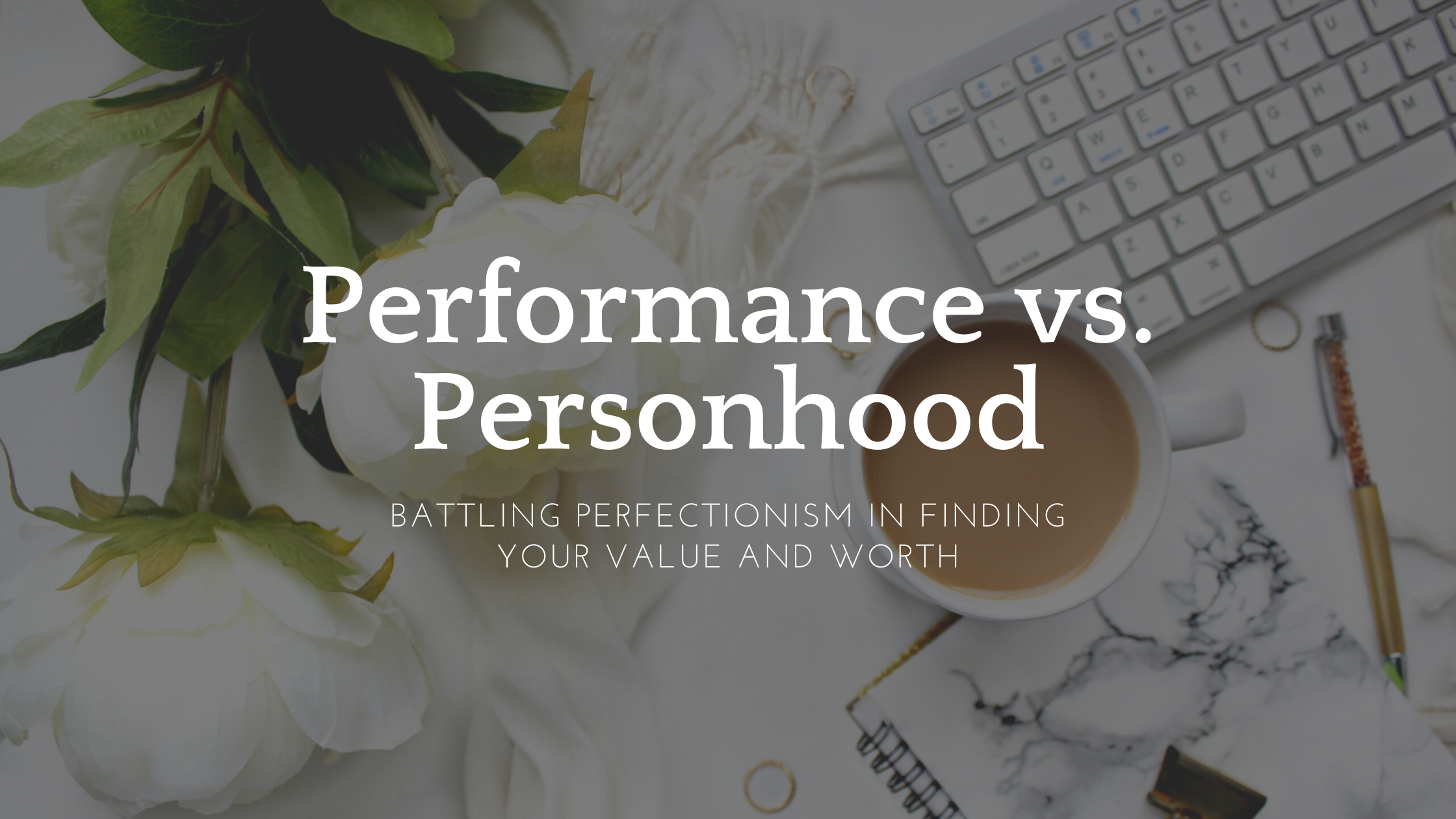So much of our day-to-day life is impacted by our thoughts, whether we’re aware of them or not. Our interpretation of events as filtered through our thoughts influences how we experience the world around us. What we believe about ourselves can affect our confidence, for better or for worse. How we perceive others can lead to connection or conflict.
Cognitive behavioral therapy, or CBT, is one of the most common treatment methods in mental health counseling. One of the central principles to the CBT approach is a recognition of the power of thoughts, or cognitions, to impact our emotional well-being and our behaviors and choices.
When a situation occurs, your response to that situation typically involves three things: thoughts, emotions, and behaviors. You might more easily identify your emotional response or how you react behaviorally. What CBT points out is how emotions and behaviors are influenced by your thoughts, or interpretation, of the event.
Since the thoughts you have in response to a situation are the catalyst to emotional distress and destructive behaviors, targeting these thoughts can be a game-changer in improving your overall mental well-being.
Three Types of Thoughts
There are three layers of thoughts that influence emotions and behavior as identified in the cognitive-behavioral model: automatic thoughts, intermediate beliefs, and core beliefs.
Automatic Thoughts
Automatic thoughts are situation-specific thoughts that pop into your head. They’re referred to as “automatic” because they largely arise from subconscious awareness – you aren’t choosing actively to have those thoughts. They might be positive, negative, or neutral in tone.
For example, let’s imagine you received critical feedback on a project you completed for work. A positive automatic thought in response to this might be, “That was a tough project, but I know I have the skills to implement the changes they suggested next time.” On the other hand, a negative automatic thought might be, “I can’t believe I missed those details. I worked so hard on this project. Why do I always mess things up?”
You probably aren’t aware of many of your automatic thoughts because they happen so frequently and quickly. While some of these thoughts are distorted or influenced by your core beliefs or intermediate beliefs (defined below), you aren’t likely to question these thoughts naturally. However, you can learn to become more aware of them and implement strategies to evaluate the accuracy of these thoughts.
Intermediate Beliefs
Intermediate beliefs exist as a mediator between automatic thoughts and core beliefs. These are personal perceptions of how things work that influence how you interpret the current situation. They can be rules, assumptions, “shoulds,” or attitudes that apply to a variety of situations with a broader reach.
Let’s take a look at the automatic thoughts from above (“I can’t believe I missed those details; why do I always mess things up?”) to illustrate examples of the types of intermediate beliefs. Perhaps your reaction is intensified by a rule, such as, “I should be perfect.” Or maybe you have the assumption, “Weak people make mistakes.” A conditional, “if…then…” belief might sound like, “if I succeed at work, then I will be okay.”
These beliefs not always explicitly stated, but can be held internally. They form as our brains try to make sense of what we observe in the environment around us from a young age. We learn these beliefs from what we observe in our families-of-origin, our experiences, our relationships, and elsewhere. These beliefs serve a purpose: they protect us from the deeper core beliefs that are often more painful and scary.
Core Beliefs/Schemas
Core beliefs are rigid, deeply rooted beliefs about yourself, others, or the world. They are heavily based in past experiences, often beginning in childhood, and they can be reinforced by trauma. Schemas are a series of interconnected core beliefs that form a mental framework to organize information. These core beliefs and schemas aren’t activated in every moment of life, but once they become activated, they have a strong influence on your emotional well-being.
Some examples of core beliefs that might be at play in the work situation are, “I’m a failure.” “I’m not good enough.” “I don’t have what it takes.” “I’m weak.”
Core beliefs are a filter through which you see the world. You observe and remember evidence that serves to confirm these beliefs, and you ignore evidence that doesn’t fit. You may even find yourself creating situations for yourself that reinforce these beliefs as a self-fulfilling prophecy. Or you may re-write positive information that doesn’t fit in with your schema or core belief to fit the negative belief (ie. “They gave me a compliment BUT they must have just felt bad for me because I’m so ugly.”)
How to Respond to These Beliefs
When you recognize these distressing beliefs, you can begin to change your pattern of thinking. Remind yourself that these beliefs are not absolute truth, as much as they may feel that way while you’re having them. You can pause and question the thoughts, reminding yourself of reality.
First, trace your automatic thought through the intermediate beliefs that influence it and the core beliefs it stirs up in you. When you notice an automatic thought, reflect on what assumptions, conditions, or rules might be at play. Use those to identify what core belief might be at work. To facilitate this process, you can ask yourself questions like, “so what?” or “what does that mean about me, others, or the world?”
Once you’ve identified your three types of thoughts, here are a few strategies specific to each type of thought that may help you change those patterns.
Automatic thoughts
Look for cognitive distortions and call them out. Cognitive distortions are common irrational belief patterns, such as all-or-nothing thinking, overgeneralization, jumping to conclusions, and emotional reasoning. These happen so automatically that we often don’t realize they’re distorted until we slow down enough to recognize which distortion is at play.
Normalize the subconscious, immediate reactions. Rather than getting caught up in anger at yourself for your negative automatic thoughts, identify their origins. Connecting an automatic thought to a core belief or intermediate belief can help you make sense of why you would think that way and practice more kindness toward yourself.
Intermediate Beliefs
Ask yourself, “where did I learn this from?” Look for examples where this rule, assumption, or condition was communicated to you or modeled for you, either directly or indirectly. Identify if there were expectations in your family-of-origin or a traumatic event that may have solidified this belief.
Check the validity of your beliefs. Just because you have a thought doesn’t mean that it is true. Put your thoughts on trial by exploring the evidence for and evidence against their truthfulness. Consider what you might say to a friend in a similar situation: would you hold them to the same standard? Why or why not?
Core Beliefs
Act “as if” you believed the opposite. Consider what would change in your life if you believed the opposite of your negative core belief. If your core belief is “I am a failure,” what would change in your life if you believed you were a success? How would you respond differently? Begin to experiment with some of those actions and observe what happens. You may find that changing the behavior with a mindset toward altering the core belief can lead you to new perspective.
Seek out disconfirming evidence. Make a list of all the evidence you can find that your core belief isn’t true. Instead of filtering positive information to make it fit your negative schema, try the opposite: see if there are alternative explanations for negative experiences. Reframe your thoughts to fit that more accurate perspective.







